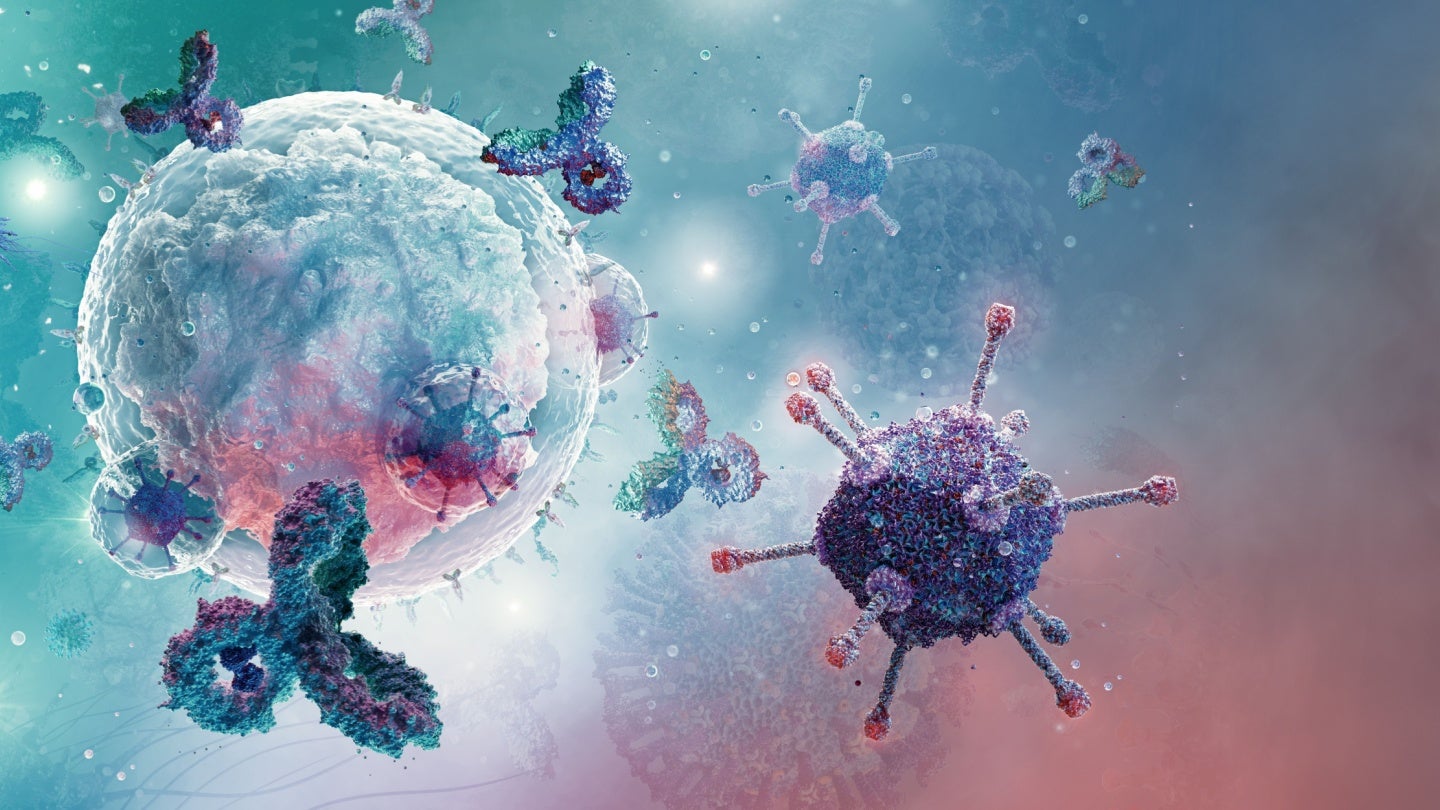Addressing Hidden Concerns: Psychology Professor Explores the Importance of Men and Boys
The conversation surrounding masculinity and the unique set of challenges faced by men and boys has gained significant traction recently, but there remains considerable complexity within this discourse. Concerns over body image, fatherhood, and sexual relationships are frequently overshadowed by a narrative that presents men as the primary issue in discussions of gender equality. This […]


The conversation surrounding masculinity and the unique set of challenges faced by men and boys has gained significant traction recently, but there remains considerable complexity within this discourse. Concerns over body image, fatherhood, and sexual relationships are frequently overshadowed by a narrative that presents men as the primary issue in discussions of gender equality. This oversight is the focus of Benjamin Hine’s latest book, Current Issues Facing Men and Boys. In it, Hine, a Professor of Applied Psychology at the University of West London and a respected authority in this field, urges a profound reevaluation of how society perceives and discusses men’s struggles.
The book highlights an urgent need for a societal shift in thinking about men’s issues. Hine argues that rather than viewing men as “the problem,” it is crucial to recognize them as individuals facing their own distinct challenges. As the UK government unveils plans for its first men’s health strategy, this work encourages policymakers and key stakeholders to explore both policies and practices that promote the well-being of men and boys.
Framing men’s concerns within the broader context of societal issues affects the discourse around mental and physical health. Many important issues like addiction, homelessness, or mental health disparities disproportionately affect men, yet they are often ignored or stigmatized. The tendency to frame men solely as perpetrators, especially in discussions surrounding violence and mental health, leads to a lack of understanding of the broader spectrum of struggles they encounter. Hine’s work strives to bring these matters to the forefront, advocating for comprehensive and inclusive discussions that envelop all genders in the conversation.
Moreover, Hine maintains that redefining masculinity is not only an academic necessity but also a social imperative. The health and well-being of men and boys hinge on an acknowledgment of their vulnerabilities, emotional literacy, and diversity. Accepting that men can struggle and suffer in ways that are systemic and deeply ingrained within societal structures is essential for fostering a more inclusive dialogue. It also lays the groundwork for addressing mental health concerns effectively and reducing stigma.
There is a call for immediate urgency surrounding men’s mental health, especially given alarmingly high suicide rates among men. Hine emphasizes that issues affecting men should not be sidelined or treated as an afterthought in gender discussions. Often, issues linked with mental health, such as feelings of alienation and isolation, become compounded when men’s problems are not adequately addressed within the framework of gender equality efforts. The importance of a comprehensive health strategy that addresses these matters is a theme throughout Hine’s writing.
The concept of masculinity itself needs revisiting. Instead of constructing masculinity in rigid terms that emphasize strength and stoicism, Hine promotes a perspective that welcomes vulnerability and emotional expression. Such an approach acknowledges the nuances of modern masculinity and advocates for positive change. By highlighting the interconnections between societal issues that impact all genders, Hine posits that it is essential to bridge the divides that often render men and boys as invisible in discussions on gender.
Additionally, Hine explores the intersectionality of gender identity, ethnicity, and socioeconomic factors in shaping individuals’ experiences. Recognizing how these layers influence the challenges faced by men amplifies the need for tailored approaches that cater not just to the universal experience of being male, but also to the distinct voices within that category. All too often, dialogue surrounding gender equality can neglect these intersections, leading to the marginalization of specific groups within the male demographic.
The repercussions of neglecting men’s issues extend beyond emotional factors; they also manifest through societal phenomena like gang violence and substance abuse. Hine points out that many societal pressures and expectations can funnel young men into harmful behaviors as they struggle against disconnection and inadequacy. Addressing the underlying causes of these behaviors—rather than merely treating their symptoms—requires a radical reconsideration of the role society expects men to fulfill.
In addition to health and emotional concerns, Current Issues Facing Men and Boys tackles the impact of media representations of masculinity. Hine scrutinizes the influences celebrities and online personalities have on young men’s perceptions of themselves and their roles in society. Figures like Andrew Tate and Harry Styles can shape young men’s understanding of masculinity in profoundly different ways, highlighting the need for critical media literacy when approaching these portrayals. Hine argues for the necessity of fostering diverse representations that offer varied models of masculinity—models that encourage health, empathy, and emotional expression.
This expansive exploration of masculinity and the inherent issues that accompany it is not merely an academic endeavor; it is a vital public health matter. As Hine effectively demonstrates, creating and promoting policies that recognize and support male well-being will contribute significantly to broader gender equality. It is imperative for stakeholders across all levels—public, private, and nonprofit—to engage with the insights and recommendations presented in Hine’s work, applying them to create meaningful societal changes.
Hine’s book urges readers to reconsider entrenched narratives and stereotypes surrounding masculinity. It invites society to reshape the constructs of traditional masculinity into a form that encompasses care, understanding, and compassion—a shift that could have profound ramifications on health outcomes for men and boys alike. By merging evidence-based research with compelling arguments for change, Hine underscores the urgency of addressing the unique challenges faced by males in today’s world.
In sum, Current Issues Facing Men and Boys serves as a clarion call to engage in thoughtful discussions around masculinity. It pushes boundaries, challenging outdated perceptions while advocating for deeper awareness and understanding of men’s complexities. Recognizing men’s rights to struggle and encouraging open conversations about these issues is a necessary endeavor in working toward a more equitable society for everyone.
Subject of Research: Challenges Faced by Men and Boys
Article Title: Addressing the Overlooked Issues of Men and Boys
News Publication Date: October 2023
Web References: Routledge, British Psychological Society, Men and Boys Coalition
References: Hine, B. (2023). Current Issues Facing Men and Boys. Routledge.
Image Credits: Not Applicable
Keywords Social sciences, Psychological science, Clinical psychology, Mental health, Gender studies, Masculinity
Tags: addressing men’s issues in gender equalityBenjamin Hine’s research on masculinitybody image issues in mencomplexities of men’s health discoursecurrent issues facing men and boysfatherhood and masculinitymen’s mental health challengespolicies for men’s healthpromoting well-being of mensexual relationships and mensocietal perceptions of masculinityunique struggles of boys and men
What's Your Reaction?


































